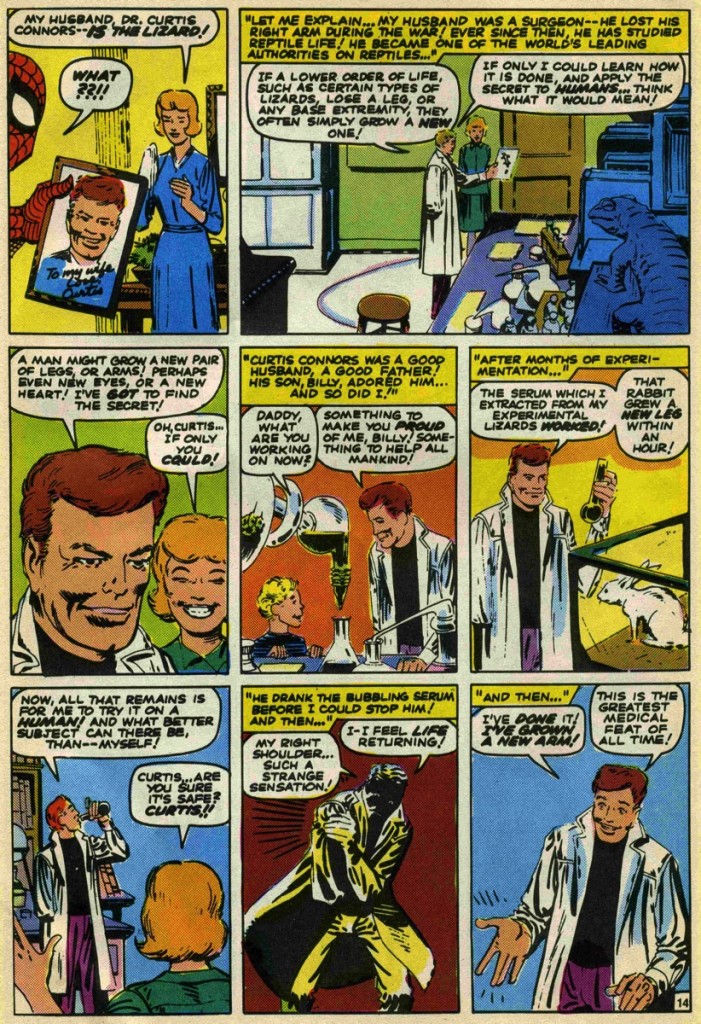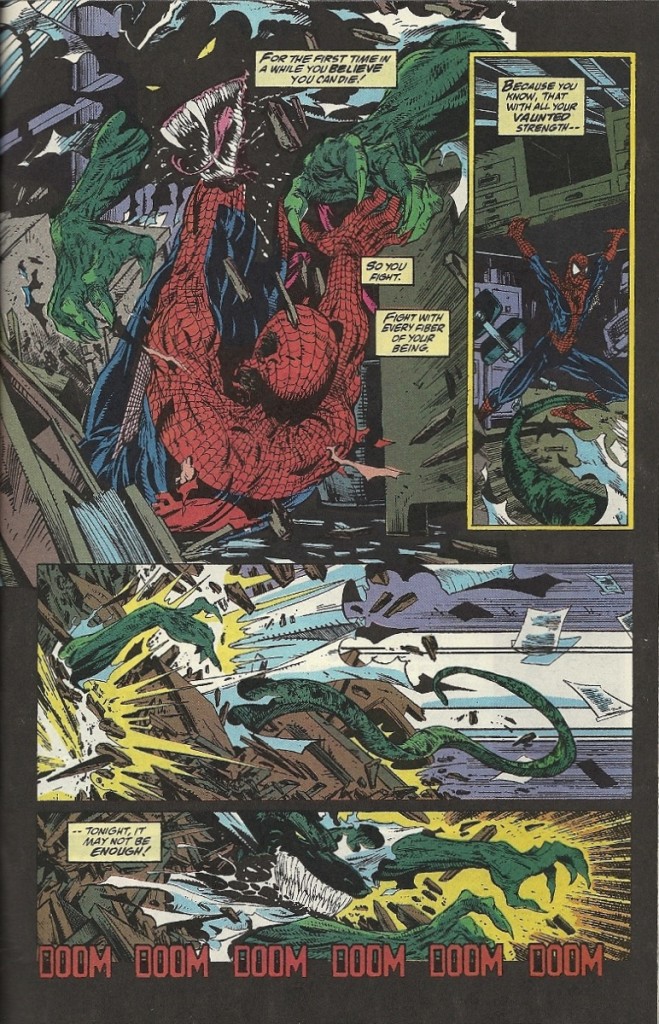Wednesday is #ProjectMomentum Day.
I have to confess that I haven’t been that busy. I wrote some pages but not as much as I need and want to. It’s exam season at work and I have to prepare and correct exams which takes time time but I hope to get some spare time on the weekend.
So yeah, #ProjectMomentum could go better but compared to the other half of this project things are looking great here at “hard but unfair…” headquarters. Orlindo has neglected his blog a bit (at least as I’m writing this post). For some reason he even decided not to publish my comment on his recent post. Not sure what’s the deal with that.
So if you have time, please head over to Orlindo’s blog and tell him to stop procrastinating, I need someone to make me feel bad when I’m not producing my pages.
But let’s look at my numbers:
One book/screenplay: I finished “The Big Short” by Michael Lewis and switched to the Screenplay. Charles Randolph and Adam McKay did a great job in making the subject matter entertaining but Michael Lewis deserves some credit for that as well. I really liked the book and I hope that thanks to the book and movie more people learn what big finance is up to.
Craft wise the screenplay was quite interesting as well. Charles Randolph and Adam McKay don’t spend too much time with descriptions and fancy writing. Their slugs and descriptions are short and concise, not too flowery. I quite liked that, content was more important than style. Obviously the biggest challenge was was structuring the movie and explaining what ever needed explain. I guess that’s what they got the Oscar for.
Two movies: House of Cards Season 4, that counts for two movies.
Seven pages: …2…mea culpa.
seven hours: Not too much from Orlindo so I focused on my D&D campaign and my time travel tv show.
And now for something completely different…
I like comic books. There I said it but it’s important to me that you know, that I like comic books way more than the way most people like comic books these days, I mean let’s face it, liking comic books is almost socially acceptable and when you look at new movie releases, comic books have definitely reached the mainstream.
As a kid I loved Disney’s „Lustiges Taschenbuch“, Tintin and other fare like that. Then when I moved to Basel to study I suddenly came into contact with something that totally changed my life for the better: A real brick and mortar comic book store.
Yeah, those things still existed back then and to my knowledge the shop is still open, at least it was the last time I was in Basel and went there to buy a graphic novel.
So I came into real contact with American comic books quite late, for some reason it never really occurred to me to buy a superhero comic book as a kid, not because I wasn’t interested but because there was no supply. If there had been a comic book store next door, I’m pretty sure I’d have moved in there.
But I digress. This is not going to be a post about my favorite Superhero (Spider-Man) or my favorite graphic novel (Watchmen) of how comic books changed my life (they didn’t) its going to be a post about what we can learn from them. Yes, we can learn things from them.
Number 1: Graphic storytelling, show don’t tell. This is a no brainer and when you look at movies like Sin City (the first one) you can see how comic books can influence visual storytelling.
Number 2: Panel design and editing. I did a presentation about „editing“ in comic books once. I focused on panel design and how it changed over time. It’s really interesting to compare a Stan Lee & Steve Ditko comic book to a Todd McFarlane1 one, it’s barely the same art form. Like in a movie the panel is the connective tissue that holds the story together.
Number 3: Modern Mythology. This is an oldie but goldie. Superheroes as modern gods, superhero stories as the modern myths. I’m not saying that I think that a comic book has the same value as Greek mythology but in all their entirety, comic books (and it this respect they are similar to mythic stories) are a really good window into the „Zeitgeist“, even more so than Literature with a capital L. I love the great writers but if you really want to know how people ticked, read a comic book from that era. It get’s really interesting when you lookout characters who’ve been with us for a long time. Captain America for example, he used to fight the Nazis before he fought his own government. Another good example is Tintin. For today’s standards (well, it kind of depends on the kind of person you are) the way he treated the people and animals in Kongo is not at all what we expect from an enlightened and modern person like Tim. Back then (1930s and 1940s) things were different2.
If you’re interested in these matters, I highly recommend reading up on some comics history, not just characters and their adventures but the history of the medium as well. Things like the Comics Code Authority or rise and fall (and rise) of the industry are really interesting and I hope at some point someone makes a good movie out of this. Well, on that note … Where’s my Kavalier & Clay movie?
Now Playing: Adagio for Strings by Samuel Barber.
- I highly recomend McFarlane’s Spider-Man issues, especially Torment. ↩
- The Issue is called “Tintin in the Congo” and it’s really obvious why the didn’t chose that one to turn into a movie. ↩







